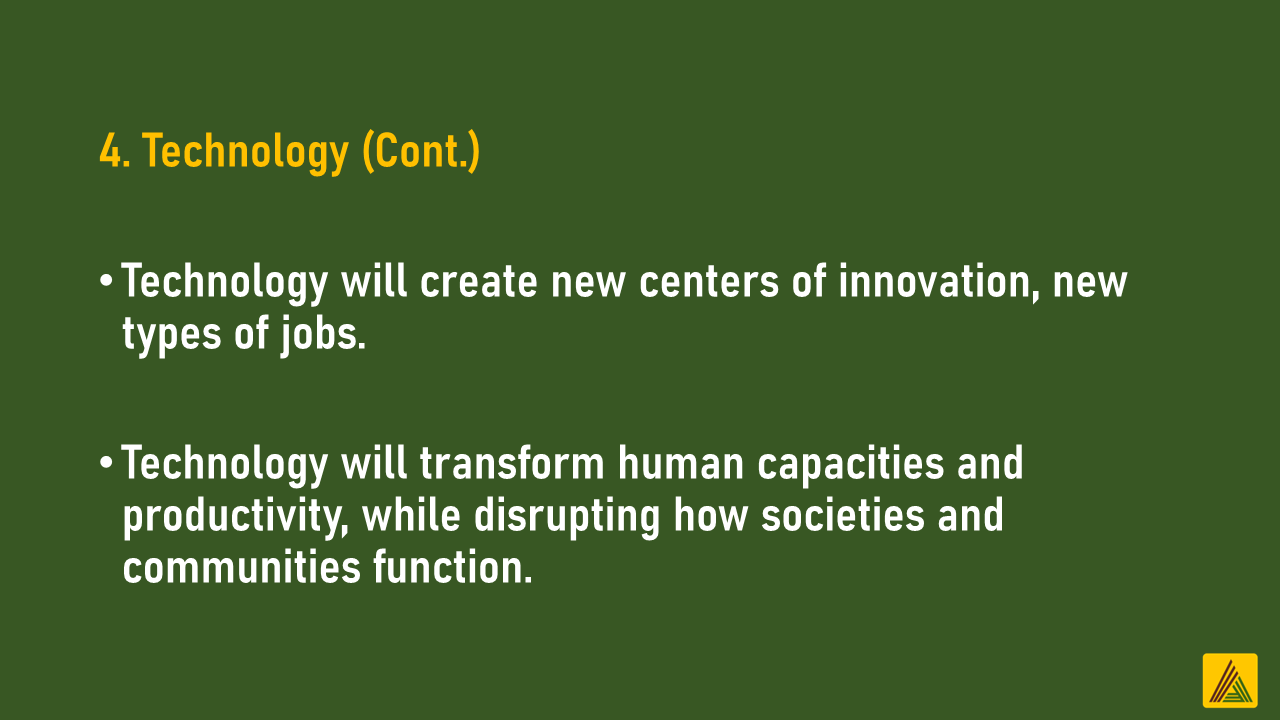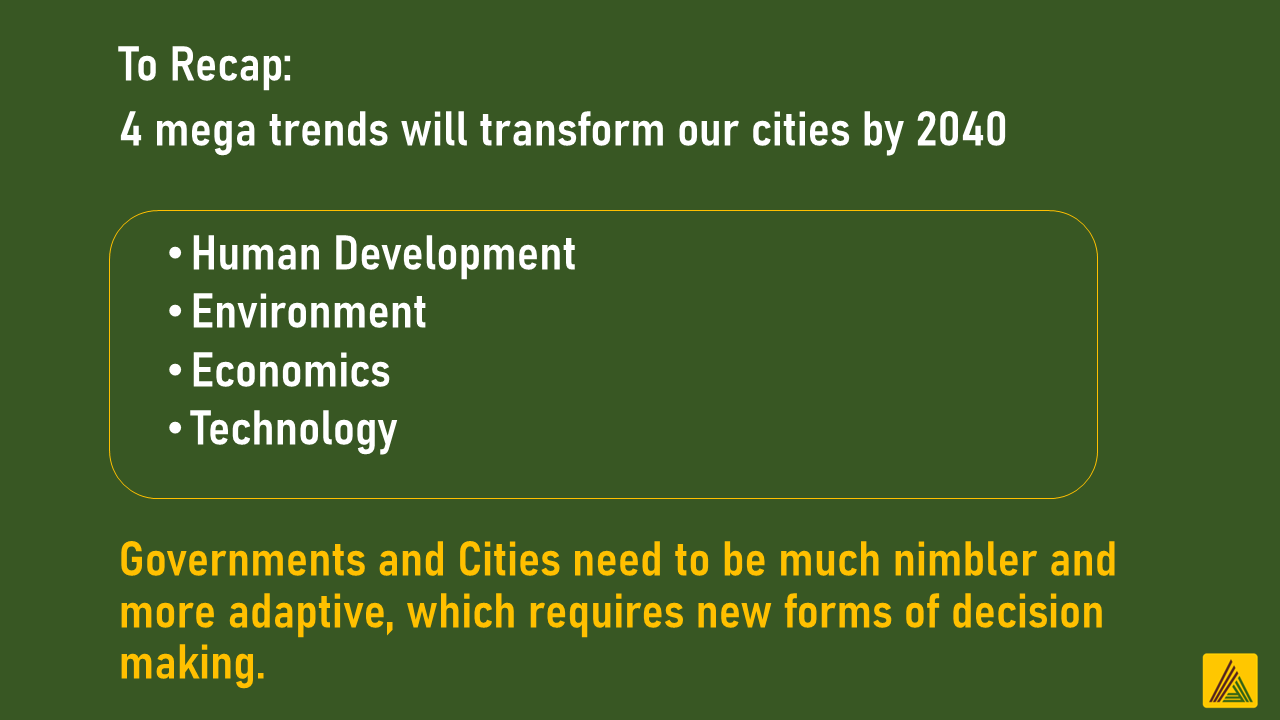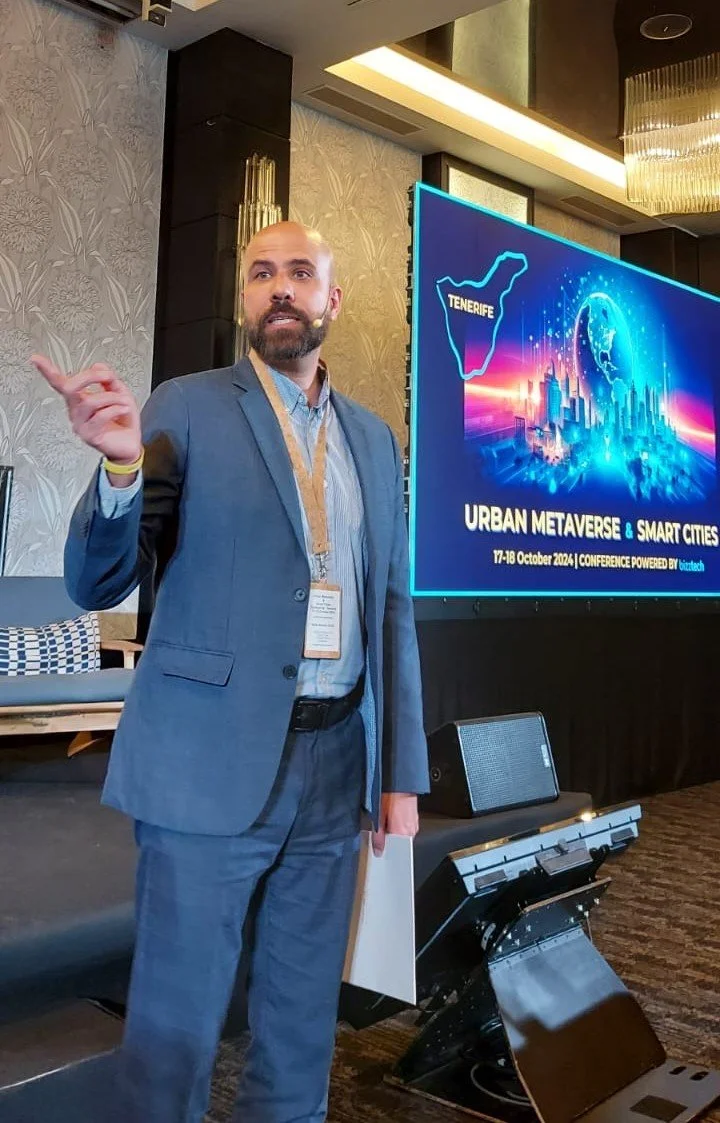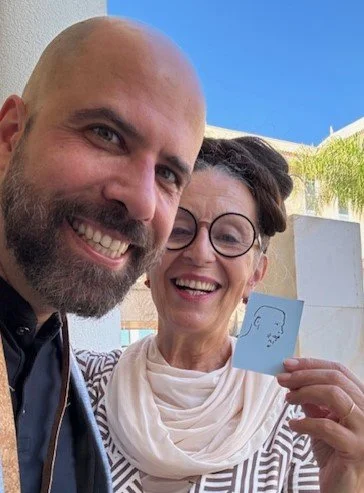What Happened in the Canary Islands? Reflections from the Urban Metaverse and Smart Cities Summit
This past week, I had the opportunity to give a keynote talk at the Urban Metaverse & Smart Cities Summit in Tenerife. The event was thought-provoking, and the connections I made were valuable.
Organized by BizzTech and supported by international sponsors, the summit drew an impressive group of about 60 experts from over 15 countries, spanning Europe, the Middle East, the Americas, Africa, and Oceania.
Attendees represented a diverse mix of businesses, government officials, and academia, all engaged in smart city initiatives.
My Keynote: Urban Transitions and the Role of Digital Twins
In my talk, I focused on the four major forces shaping our cities today and why cities should use new forms of decision making. I discussed the role of digital twins— virtual replicas of physical environments— in supporting cities with their transition planning.
Reflecting on the Global Trends 2040 Report, developed by the U.S. Office of the Director of National Intelligence, I discussed the following forces:
Human Development: communities are more educated and demanding than before. Also, As populations age, cities are struggling to meet the needs of older residents. I discussed how startups are beginning to address this challenge, but policy-level solutions are lagging behind. Cities need to prioritize infrastructure and services for this demographic shift, which is only going to intensify in the coming decades.
Environment: The urgency of climate change continues to impact cities globally. Drawing from my experiences in California, I illustrated how climate risks—like extreme heat events—are becoming more frequent, yet many cities are unprepared. Buildings that were designed for milder weather now need retrofitting to withstand heat waves, and cities must adapt more quickly to these evolving conditions.
Economics: Recent large corporations are shaping our cities and regions. Tech giants, like those in Silicon Valley, exert on housing markets and urban infrastructure. The resulting inequalities—especially in housing—create significant challenges for city planners. These issues require urgent attention to avoid exacerbating urban inequalities.
Technology: I emphasized the accelerating pace of technological change and the challenges governments face in keeping up. While AI offers incredible tools for urban planning and data collection, there is a growing gap between the capabilities of these technologies and the readiness of governments to implement them effectively. Governance structures need to evolve to match the pace of technological advancements.










Preparing Cities for the Use of Digital Twins:
Education and capacity building: I stressed the importance of educating city officials, stakeholders, and the public about the capabilities and limitations of digital twins. Cities need to understand how to use these tools effectively to plan for urban transitions.
Open data standards: open data is like food for digital twins. However, many cities are still struggling with providing open data. Yes, developing open data platforms is not as trendy as before. But, governments should prioritize opening up their data to support the development of digital twins.
Collaboration and Funding: Developing and implementing digital twins requires collaboration between public and private sectors. cities, governments, and private companies should work together to co-finance digital twin projects.
Ethical and Privacy Frameworks: Yes, there are concerns about ethics and privacy with the use of digital twins and AI in cities. And, instead of focusing on these concerns, I advocated on focusing on solutions— creating frameworks to manage these issues responsibly. The goal should be to leverage the benefits of digital twins while safeguarding privacy and ethics. Blaming technology companies without providing solutions is not productive.
Moving Beyond Data: Storytelling and Consensus Building
One of the key messages I conveyed was the need to view data as a tool. Most cities in North America and Europe are overwhelmed with data, but without frameworks to interpret and use it effectively, the data itself does little to inform good decision-making.
I stressed the importance of storytelling—a vital part of consensus-building. In a landscape where cities must balance climate resilience, economic growth, and equity, telling a compelling story that integrates data and aligns stakeholders is essential for guiding urban transitions.
Digital Twins: Useful Tools for Urban Planning and Climate Resilience
I discussed how digital twins—virtual replicas of physical environments—offer great potential for cities. These tools allow planners and policy makers to simulate and visualize urban systems, from traffic flows to disaster responses, giving them the ability to predict and intervene in a timely manner.
In the end, I warned that digital twins are like a sharp knife—they can be incredibly useful when applied correctly but could cause harm if misused. I discussed the importance of creating structures for digital twins and AI governance.
The challenge lies in establishing the right frameworks to ensure these tools are used responsibly, particularly in enhancing urban resilience and supporting our equity goals.
Overcoming Implementation Challenges
I concluded my talk by addressing the challenges of funding and implementation. While lack of funding has been less of an issue in the past few years in the U.S., there are often delays in turning plans into reality. Procurement bottlenecks, lack of coordination, and ineffective decision-making frameworks slow down the progress. Digital twins can help streamline these processes by providing more clear, data-informed pathways for action.
What other colleagues, who I now call friends, talked about?
Capturing all the details of the speeches and discussions is beyond the scope of this blog. Here are some of the key highlights:
Preparing for the Urban Metaverse
Another key aspect of the summit was the emerging role of the urban metaverse, which applies virtual reality (VR), augmented reality (AR), and AI to create immersive and augmented experiences for urban planning. Digital twins are play a key role to this evolution. For example, through AI avatars and metaverse platforms, cities can engage the public in ways that were previously not feasible—residents can "walk through" virtual models of new infrastructure projects or historical recreations, providing both educational and decision-making tools. Such approaches can support our inclusive planning processes.
Global Applications: From Ukraine to Montgomery, Alabama
One of the most fascinating discussions at the summit revolved around the potential for the metaverse in global urban development. Ukraine, for instance, is positioned as a smart city laboratory where post-war rebuilding can embrace the latest in digital twin and metaverse technologies. In an interesting example, BizzTech is developing a metaverse for the city of Montgomery, Alabama to recreate the historical civil rights march, with AI avatars providing educational content about the significance of the event. This metaverse will allow participants across the world to march with the locals through an immersive experience.
Building Resilient and Inclusive Cities
Here is the summary of what speakers suggested as main takeaways.
As we move forward with deploying such digital tools, we should also develop frameworks to support inclusive and ethical uses of these tools.
Access to digital tools must be democratized so that all citizens, regardless of socioeconomic status, can benefit from them. Additionally, governments and private companies need to collaborate more closely to create trust frameworks that ensure data privacy and security while enabling innovation. The future of smart cities will be shaped not just by technology, but by how well we build inclusive, resilient communities.















My final reflections:
This summit was a great reminder for me, as someone who has been recently more deeply involved in climate policy and program implementation. It reminded me of the exciting opportunities that some of the more recent technologies provide to support our urban transitions.
It’s essential to always start by focusing on the problems we're trying to solve and the goals we want to achieve. Only then can we determine whether, and how, these new tools and technologies can enhance our efforts. Sometimes, the most effective solutions come from low-tech approaches.
The summit left the audience with a reminder: the future of cities isn’t about technology—it’s about people. Technology is a tool, a means to improve the lives of people and the cities they live in. Urban transitions require new forms of decision making. New engagement and decision making tools can support new forms of decision making, if used appropriately.
Thanks to Bizztech for the invitation and their generosity, and to Joe Appleton for gathering all of us in Tenerfie.
The little portrait designed by Malerin ANTOINETTE.



